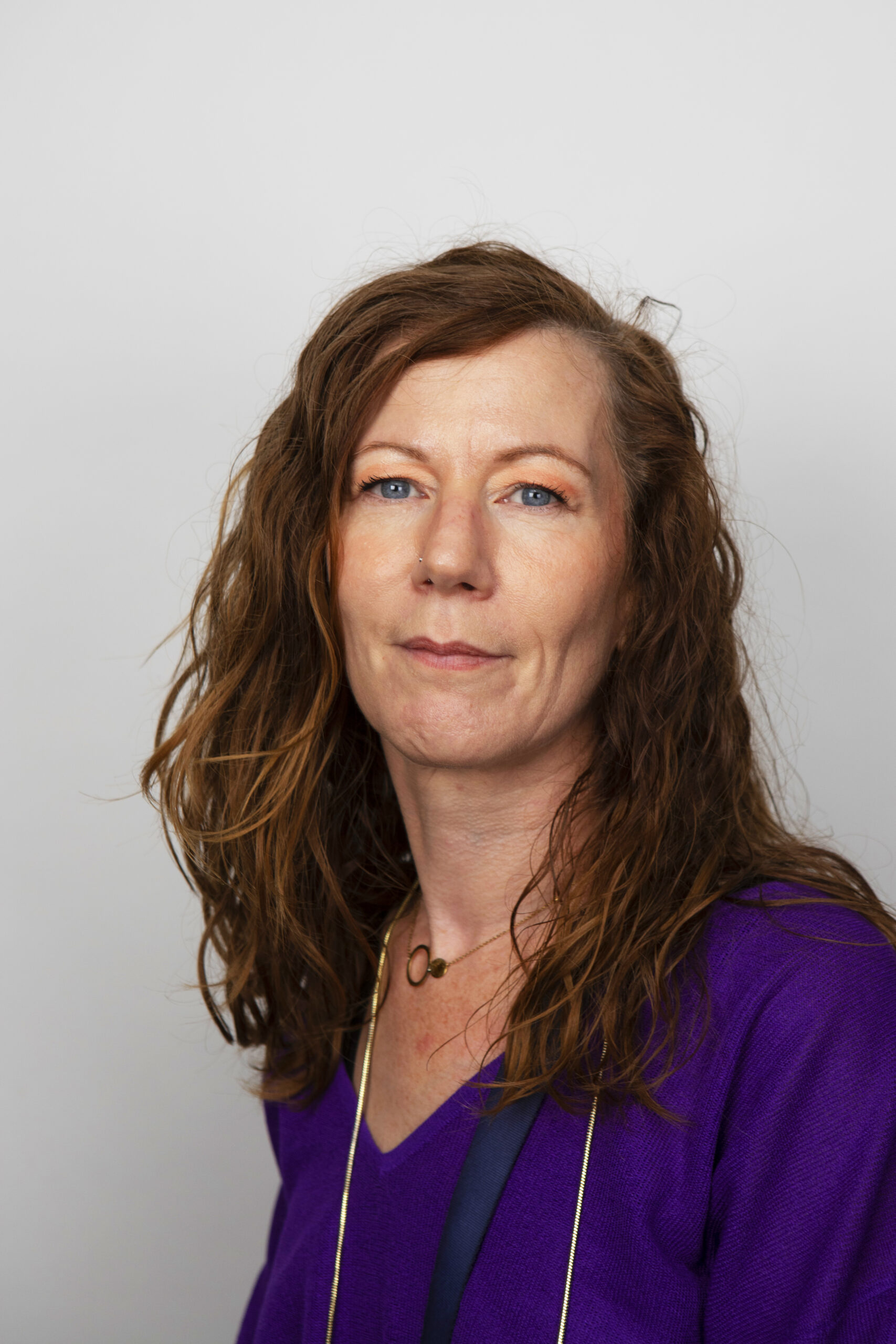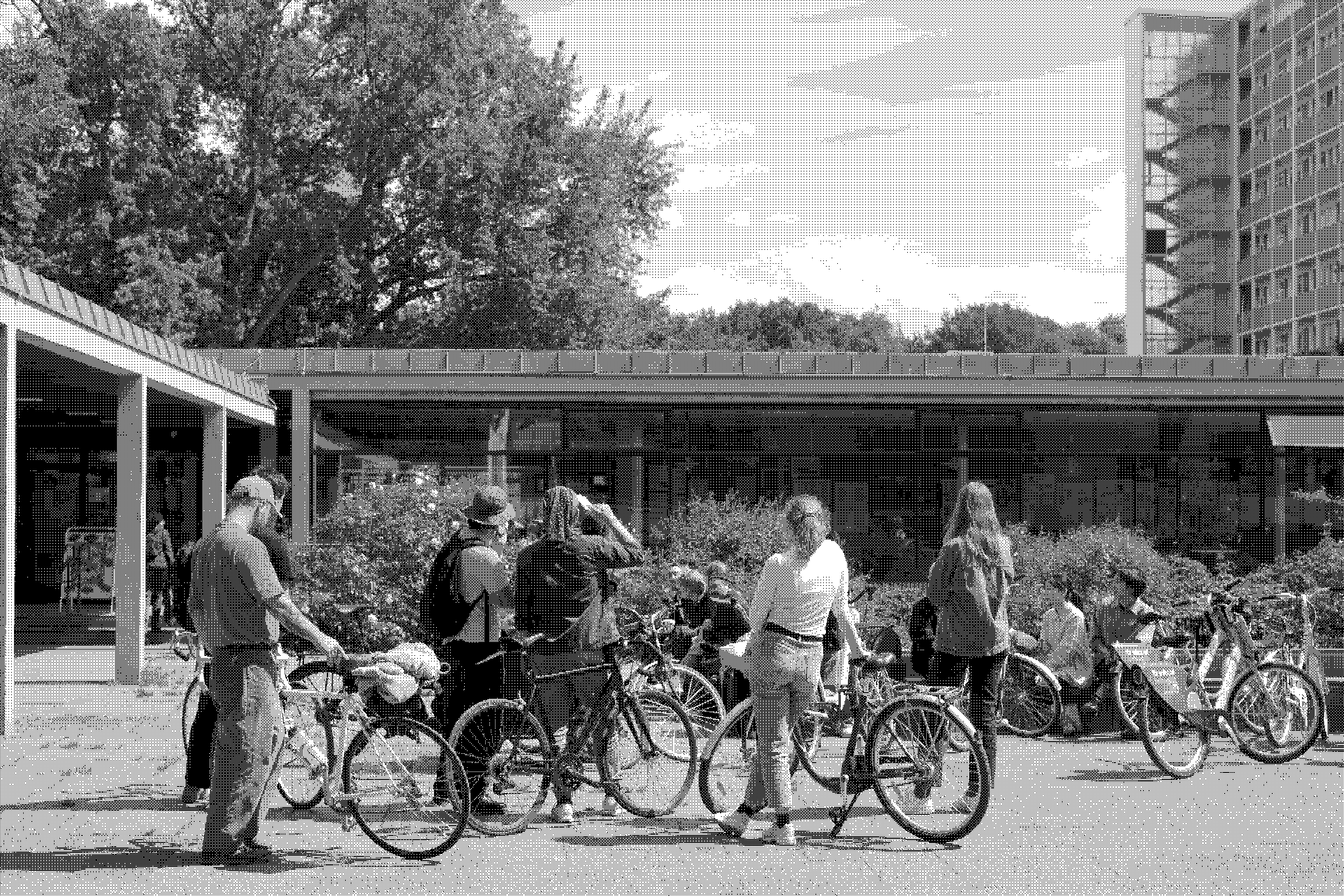ENSA de Paris-la Villette has developed numerous partnerships with foreign universities, either as part of Erasmus+ programs funded by the European Commission, or under bilateral agreements signed with non-European universities.
Study stays abroad are offered to students enrolled in Master 1 and Master 2 programs during the year of their mobility.
The study stay abroad constitutes one of the entries in the appendix to the State Architect’s Diploma (DEA), known as the “Diploma Supplement”, which the student will have at the end of his or her studies.
General information and list of reference teachers by destination
The information websites below are accessible only to students of the school (login with the email address @paris-lavillette.archi.fr and the corresponding password).
News

Campagne d’information sur la mobilité internationale 2026-2027
Du 27 octobre au 7 novembre 2025, le service des relations internationales de l’école organise deux semaines d’information à l’intention des candidats qui souhaitent effectuer un séjour d’études à l’étranger en 2026-2027.
De nombreuses rencontres avec les enseignants référents des différentes destinations et l’équipe administrative sont prévues dans la galerie d’exposition, où l’exposition « #MobilitéEnVue – Rétrospective sur la mobilité 2024-2025 » est présentée à cette occasion.
Application timetable for mobility in 2026-2027
An information campaign takes place every year in the autumn, with a “return from mobility” exhibition, and two weeks of information meetings and meetings with the teachers in charge.
In the fifth semester, students are taught how to prepare a portfolio and write a letter of motivation.
Applications to study abroad are accepted over 2 sessions:
- For destinations in North America (Canada), Asia (Japan, Korea, India and Thailand) and Scandinavia (Sweden, Norway, Finland and Denmark), application deadline: January 8, 2026 at 12:00 p.m.
- For all other destinations, application deadline: March 3, 2026 at 12:00 p.m.
Spanish, Italian and German tests: January 26, 2026
Selection interviews for Japanese destinations: January 13 and 14, 2026
Candidate selection criteria and procedures
When applying for a study abroad program, you must demonstrate that you have a “mobility training project”. It is the clarity of this project, its relevance and the demonstration of the student’s ability to carry it out that will be assessed.
Selection is based on a review of the student’s application by at least two teachers: a member of the International Relations Committee and the teacher responsible for the student’s chosen destination. For some destinations, such as Japanese partner universities, this procedure is supplemented by selection interviews.
The aim is to use the various documents in the application to check that the student’s planned mobility and choice of destination are in line with his or her personal training project, in the light of :
- the skills he has acquired and demonstrated in his portfolio: this portfolio is an opportunity to take a reasoned look at the experiences gained ‘before mobility’, with the aim of highlighting major training interests;
- the expectations expressed in the student’s cover letter and proposed study contract: the cover letter must clearly state what the student wishes to learn ‘during the mobility program’ and how the chosen university and city are relevant;
- and what this mobility will mean for his or her professional future: a mobility project also requires us to think about the “return” by anticipating the hoped-for spin-offs for the end of the training course, as well as the initial professional intentions (objectives of the Master’s cycle). It can also involve discovering new teaching methods, techniques and content, and/or deepening existing knowledge.
In addition, the selection procedure ensures that the candidate’s profile meets the expectations of the host university, particularly in terms of the results obtained by the student during his or her studies, the student’s language skills and the host university’s educational offer.
Online language support for Erasmus+ students (study or internship)
OLS (Online Linguistic Support) is a European Commission platform which enables participants in the Erasmus+ programme to prepare for their mobility by improving their knowledge of foreign languages:
- take online language courses to overcome the main obstacle to mobility: lack of proficiency in the language of the host country;
- assess your foreign language skills before going abroad. This assessment is compulsory for students ;
- take an online course before and during your stay abroad.
29 national languages and three regional languages (Basque, Galician and Catalan) are available.
SHORT-TERM STUDENT MOBILITY: COMPULSORY INTERNSHIP ABROAD
ENSAPLV encourages its students to gain professional experience abroad during their studies. Students can carry out their compulsory Master’s internship abroad. The internship is validated in the same way as if it had taken place in France.
Provided that the internship takes place in structures located in member countries of the Erasmus+ mobility program, students can submit their application to ENSAPLV’s international relations department, which will examine it in the light of a grant from the European Commission.
Contact
Access the contact directory International Relations DepartmentFlanders site - Office 4 - Esc. 1A, 3rd floor 01 44 65 23 26justine.simonot@paris-lavillette.archi.fr
International Relations DepartmentFlanders site - Office 4 - Esc. 1A, 3rd floor 01 44 65 23 26justine.simonot@paris-lavillette.archi.frJustine Simonot
Department Manager- International Relations DepartmentFlanders site - Office 13 - Esc. 1A, 3rd floor 01 44 65 23 27marie.malinosky@paris-lavillette.archi.fr
Marie Malinosky
Outgoing mobility / grants manager
